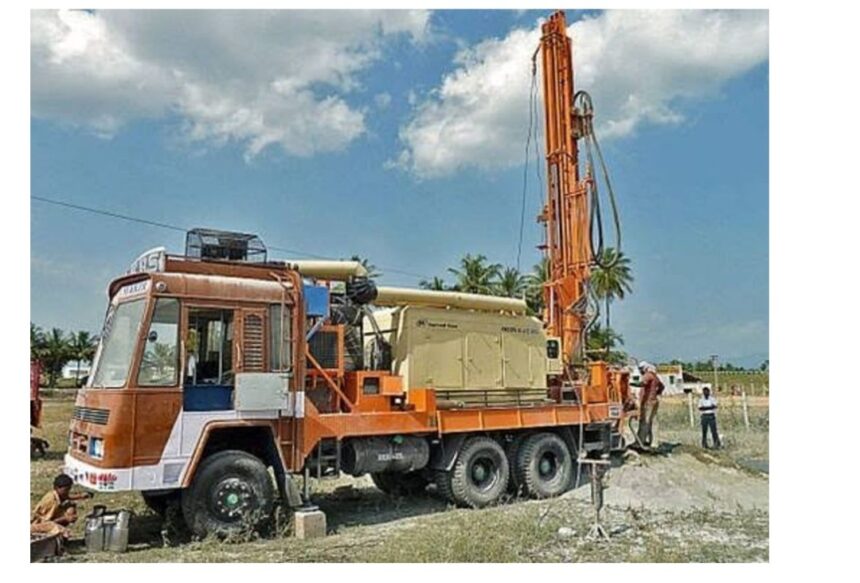Patna, In a bid to mitigate the groundwater crisis in Bihar, a comprehensive regulatory framework for groundwater extraction is being prepared. The departments of PHED, Water Resources, Minor Water Resources, and Panchayati Raj are collaboratively drafting regulations to curb water wastage and illegal water trade across the state. Recently, a meeting chaired by the Chief Secretary, attended by Disaster Management Department officials, addressed the declining groundwater levels.
Regulatory Framework in the Works
A review revealed that millions of liters of water are extracted daily from each district in Bihar, yet no stringent regulations exist to control this. Consequently, efforts to formulate these regulations are being expedited. The new framework, once approved by the government, will apply to both government and private borewells. Extraction limits will be imposed, and permits or No Objection Certificates (NOCs) will be required for new borewells.
Concerns Over Water Trade
Questions have been raised in both houses regarding the decline in groundwater levels, highlighting how water traders extract and sell water. Despite discussions in the legislative assembly, illegal water trade has proliferated statewide. During a budget session, the issue was brought up in the Legislative Council, but departments such as PHED, Food and Consumer Protection, and Health avoided addressing it.
90 Percent of Water Traders Lack Licenses
PHED officials noted that over 90 percent of water plants lack proper laboratory facilities and chemists for water testing. According to regulations, water testing should be conducted in NABL-accredited labs, yet PHED is the only entity with such labs in the state. While some educational and research institutions run their own labs, PHED has established and accredited water testing labs at all district headquarters and sub-divisional levels.
Chilling Plants Predominate Over RO Plants
Most water plants supply water using chilling plants instead of RO systems, cooling the water until bacteria are eliminated and then packing it for distribution. Motors at these plants operate for two to five hours daily, depleting groundwater and impacting state revenue.







